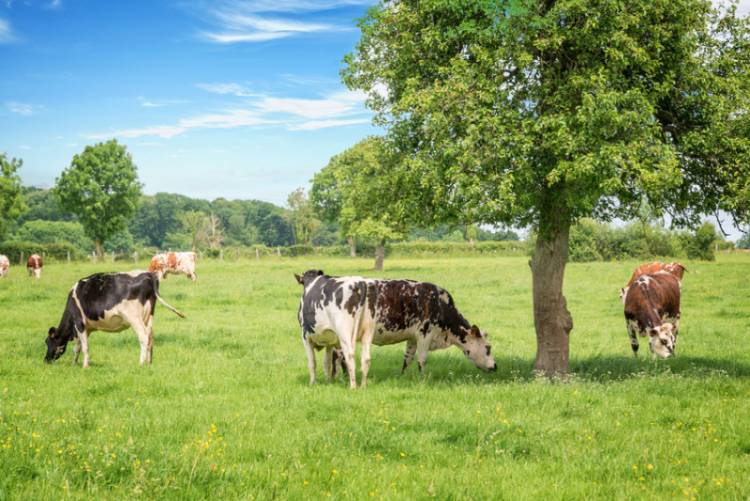
Animal breeding could become more efficient with an approach that combines DNA-editing techniques with new reproductive technologies, scientists say.
Technologies to edit the DNA of animals – known as genome editing – could improve animal welfare and performance while reducing the environmental footprint of livestock production.
Researchers from the Roslin Institute and the University Hospital RWTH Aachen say genome-editing tools are precise and cost-effective and could technically be applied on the farm.
Using genome editing is becoming simpler thanks to the emergence of three cutting-edge reproductive technologies, known as surrogate sire technology, zygote transduction with recombinant adeno-associated virus, and zygote electroporation.
Livestock breeders could soon apply genome editing on the farm by using these new tools, which mobilise genome editing for the first time, scientists say.
They add that the risks of unintended edits have been significantly reduced in the latest genome-editing technologies.
Unintended edits are detected by comprehensive screening methods and, once identified, they can be eliminated using standard breeding strategies.
Proponents of gene-editing say these technologies could help meet demand while minimising environmental impact as the global requirement for food increases in line with a growing population
Genome editing could allow breeders to improve animal welfare, performance and efficiency, paving the way to a more sustainable future.
This review study by researchers at the Roslin Institute and the University Hospital RWTH Aachen is published in the journal Frontiers in Sustainable Food Systems.
